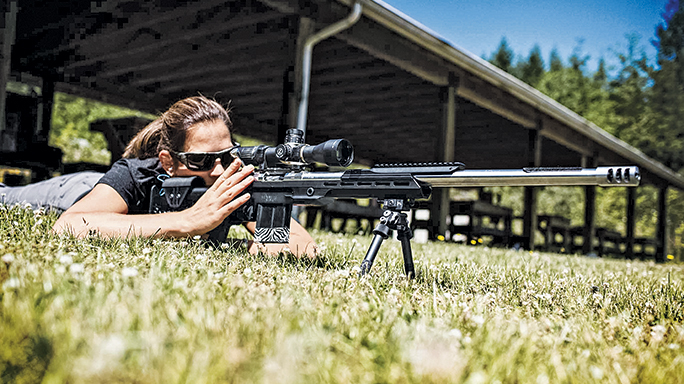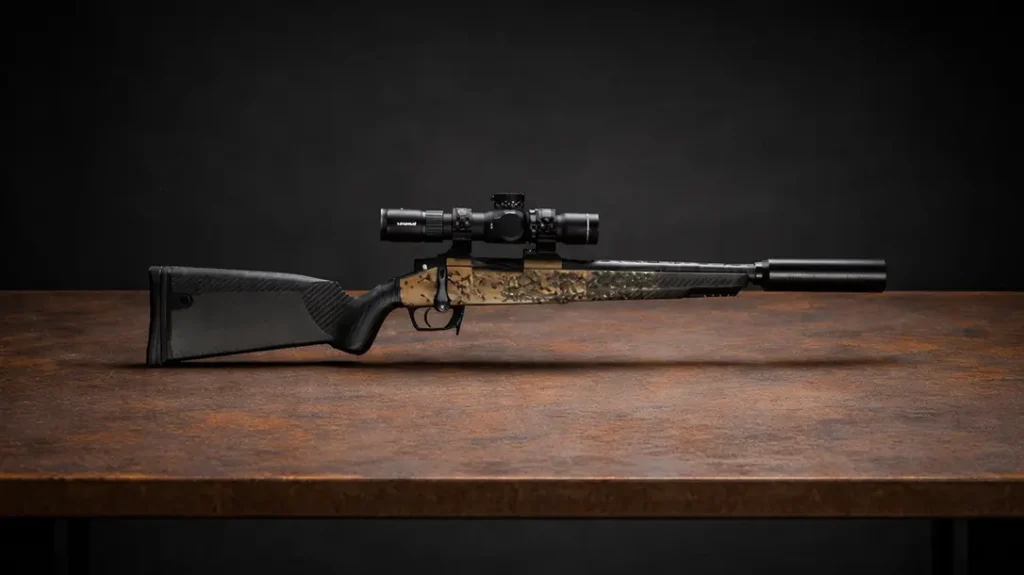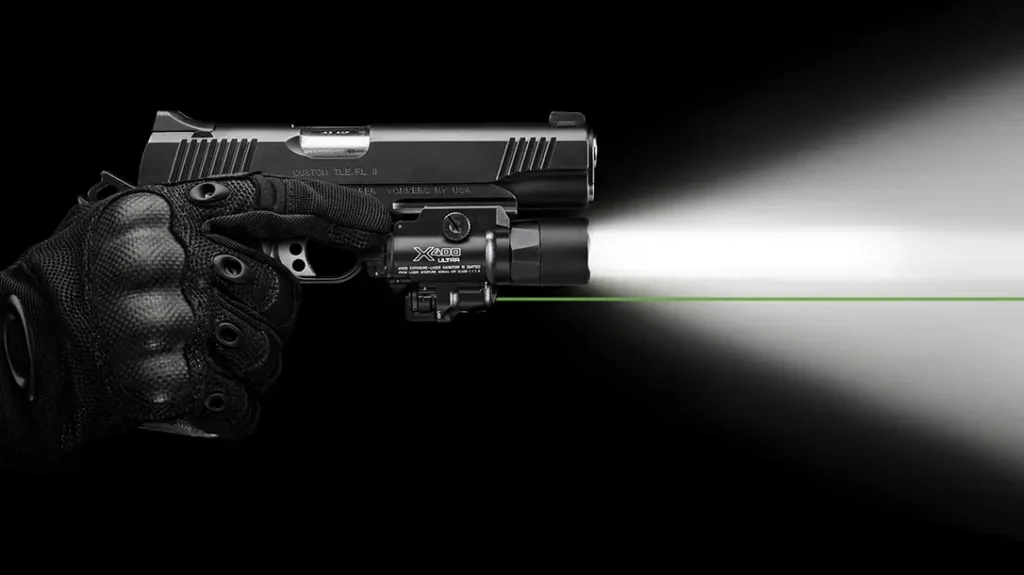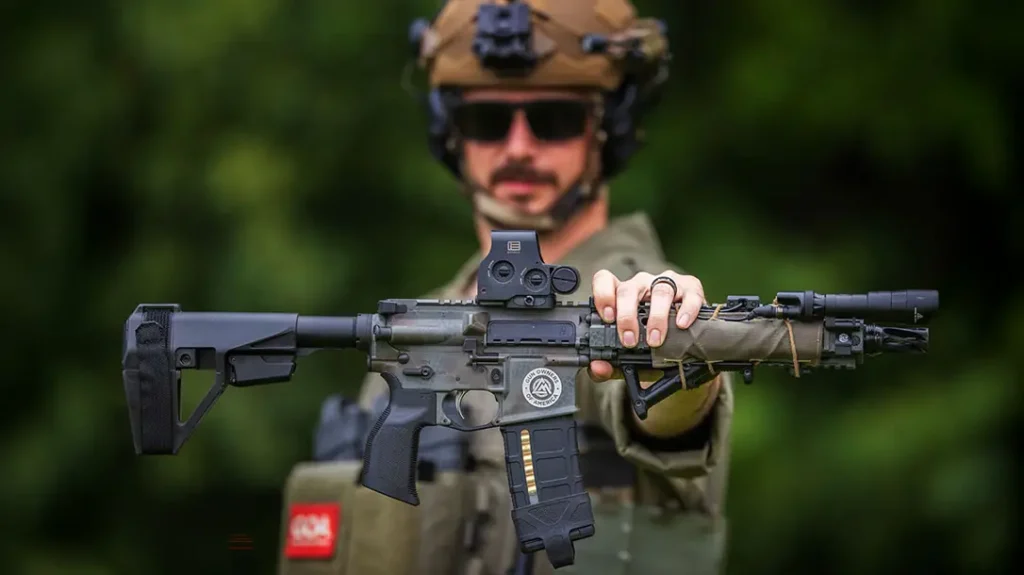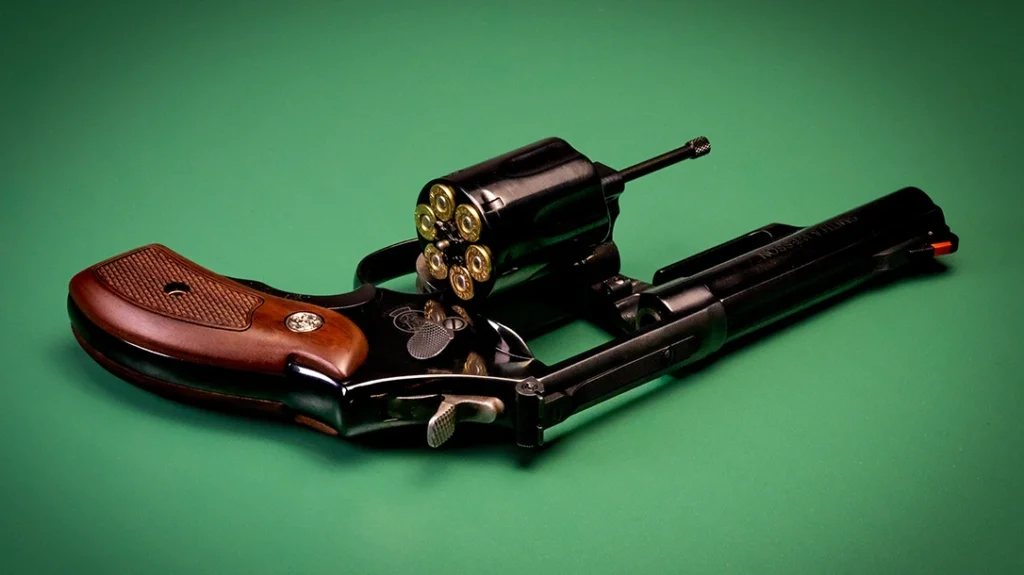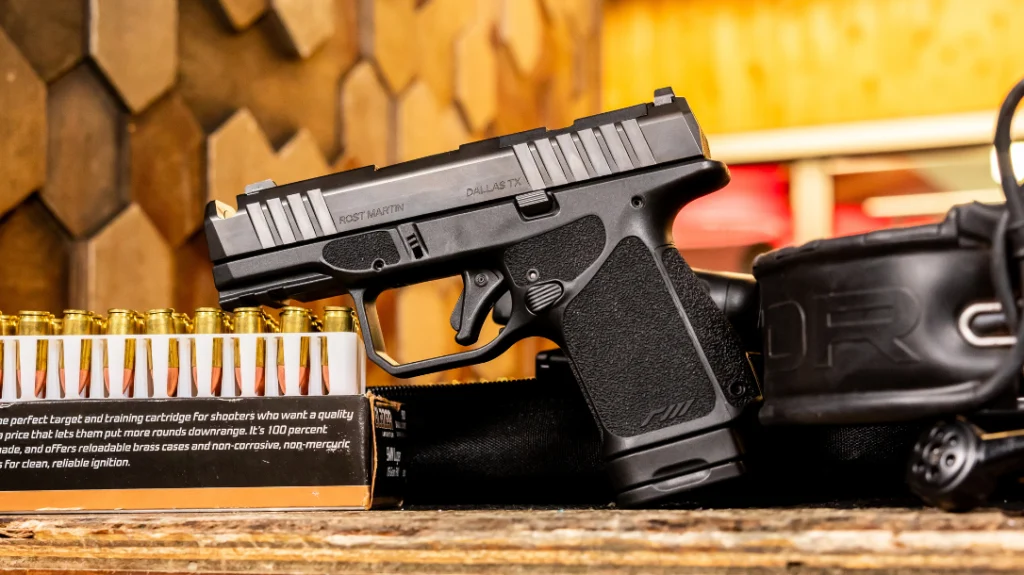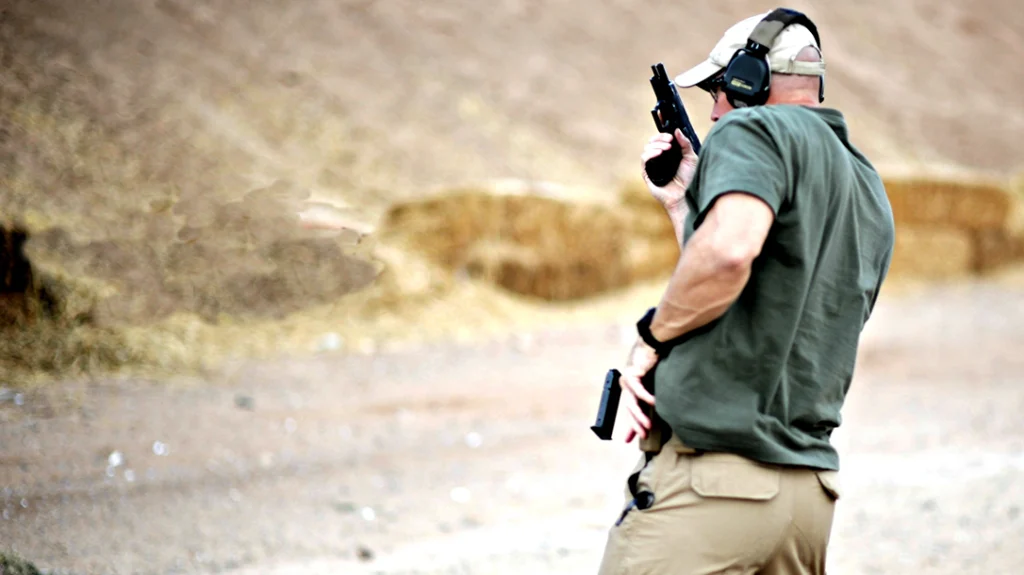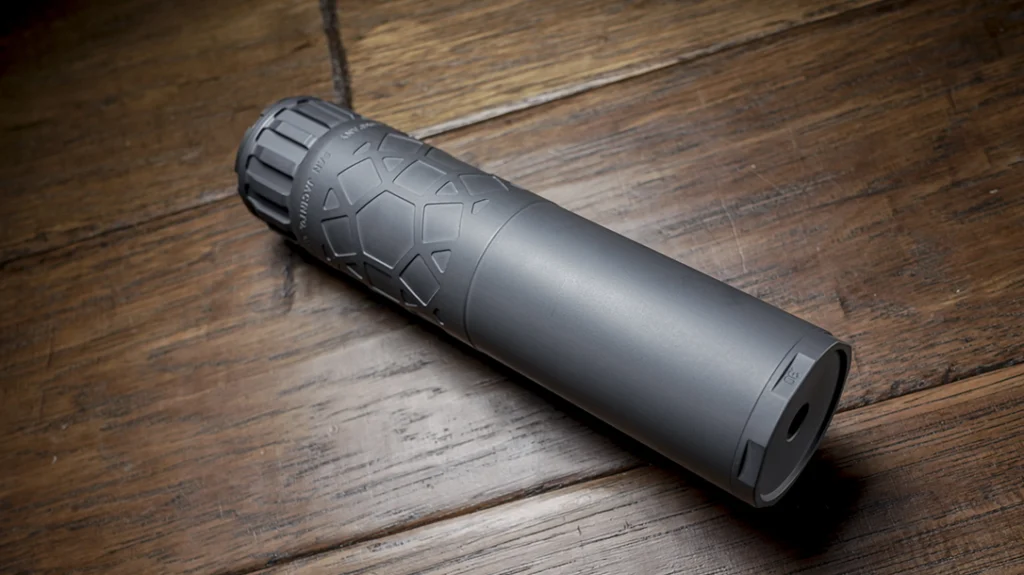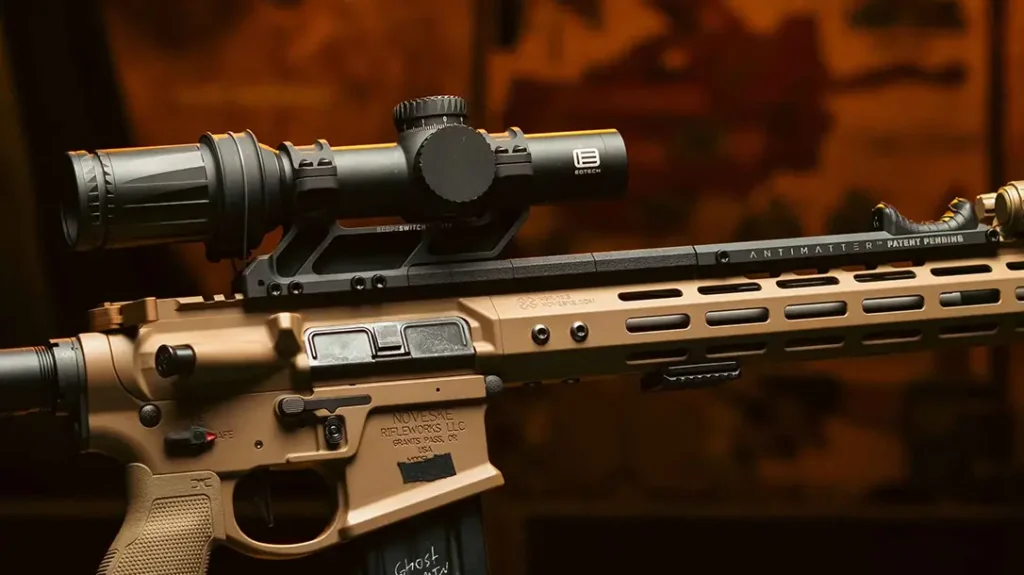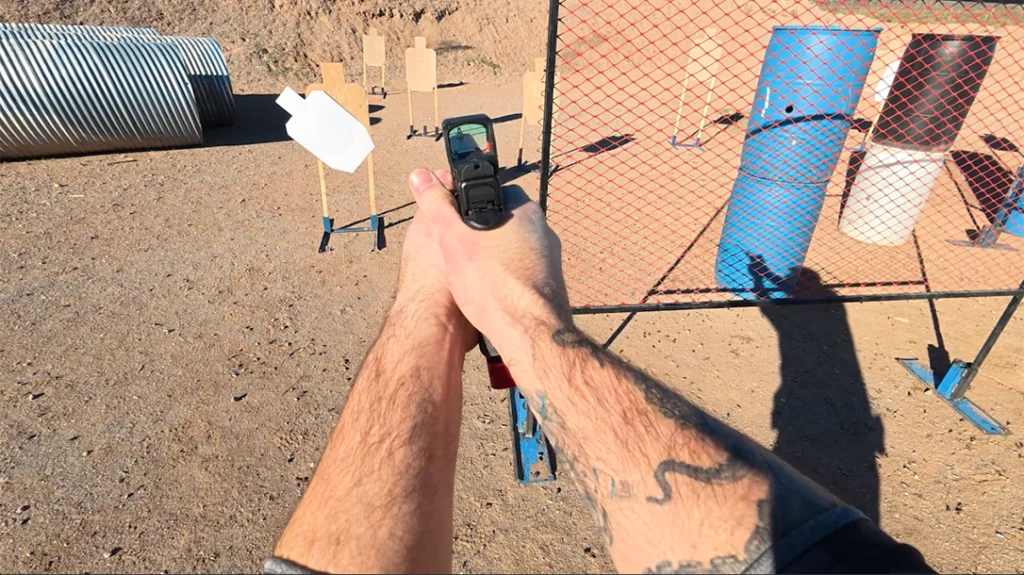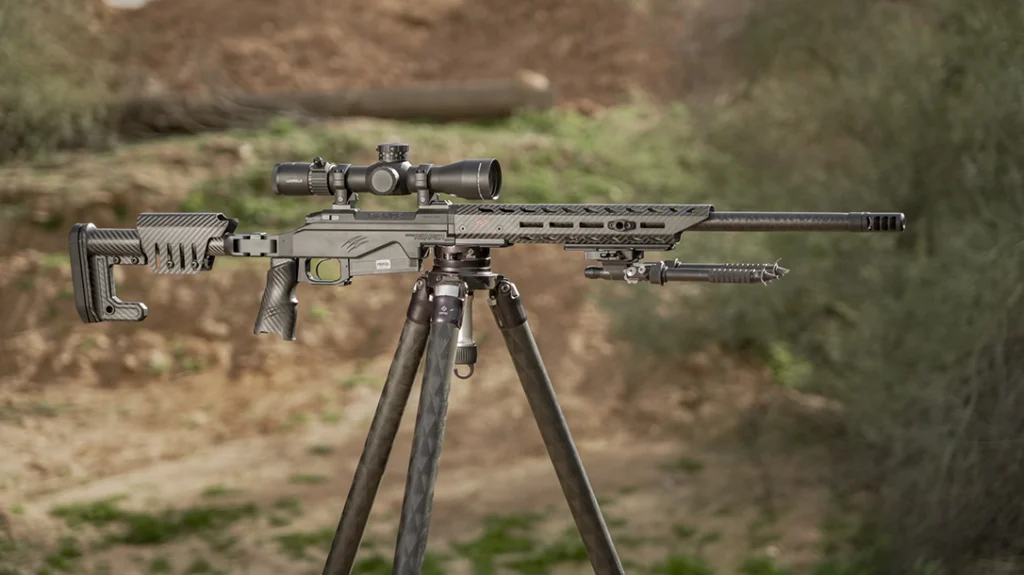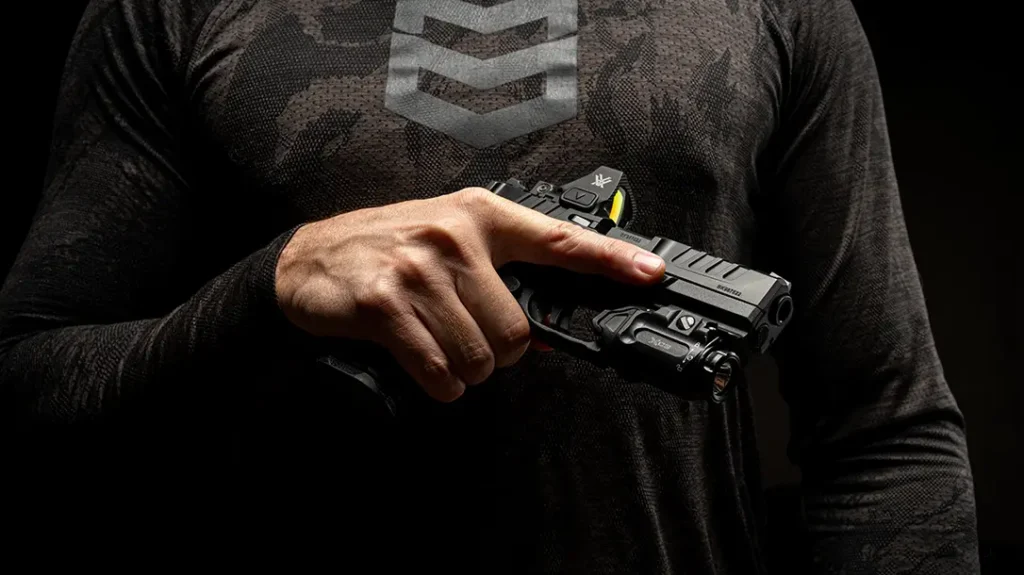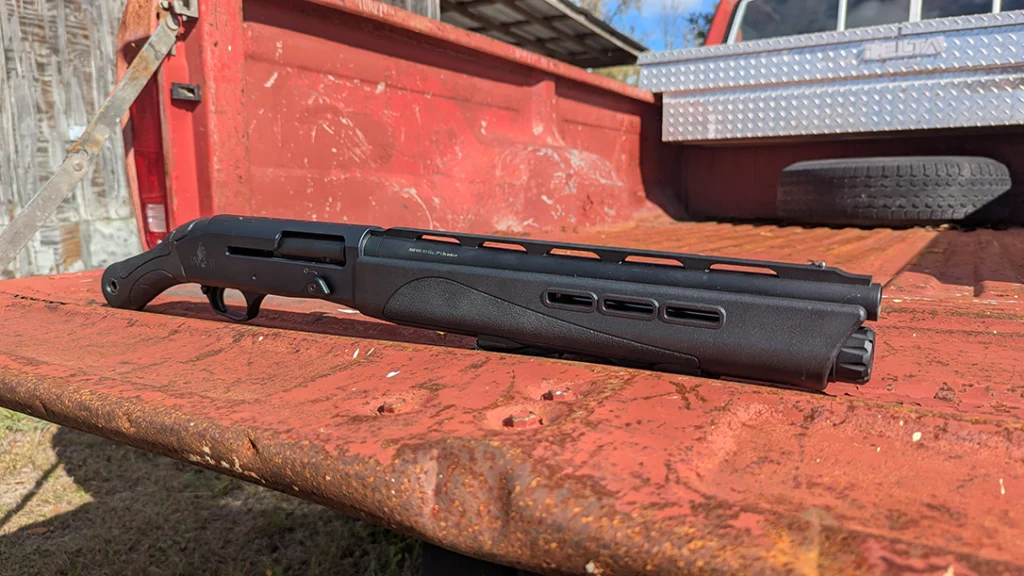Some people seem to have a natural talent for a particular skill. But that’s not enough to make one successful. The drive to succeed and the knowledge of how to apply that skill are essential to becoming successful in a particular field or endeavor. One who seems to have all these characteristics is Anette Wachter, who, in a relatively short period of time, has secured a place on the U.S. National Rifle Team.
- RELATED STORY: 7 Experts Discuss Their Precision Caliber of Choice
- RELATED STORY: Redl, Aim Fire: 10 Questions with Mark Redl
We at Special Weapons recently asked her to share with our readers how she managed to be so successful.
Special Weapons: How’d you get interested in shooting?
Advertisement — Continue Reading Below
Anette Wachter: I did not grow up around guns. I’m a city kid, but my ex-husband introduced me to NRA High Power matches in 2006. He bought me a Compass Lake AR for Christmas, and I loved it. In fact, I caught up to his level of Master in only two seasons. I excelled at the 600-yard prone, so another shooter asked if I wanted to try Palma. I borrowed one of his rifles, he helped me sight it in, and the following weekend I shot my first local match. I won it overall and thought, “I kind of like this!” So, I hit the road hard in 2009 and 2010, and by the end of that year the captain of the U.S. National Team invited me to join.
SW: What other competitive shooting disciplines do you participate in?
AW: As well as shooting Palma matches for the U.S. team, I have been competing in 3-Gun for about three years, and I just started competing in precision rifle matches about a year and a half ago.
Advertisement — Continue Reading Below
SW: How did you get to be so good at shooting?
AW: Of course I practice and travel to matches around the world, but I also seem to have a natural talent for shooting. I had success right out of the gate for longer ranges. I just love rifles and have a huge passion for the sport.
SW: Why is it that women are becoming a larger and larger percentage of participants in shooting sports that were once nearly all male?
Advertisement — Continue Reading Below
AW: Participation by women in shooting has exploded. Almost every company in the industry is marketing to women, and if they aren’t, they’re missing the boat. I think it started with women wanting to learn self-defense. Then they learned about competing and wanted to join the fun.
SW: What tips can you offer shooters who want to start competing?
AW: The Internet is your friend. Every state has a rifle and pistol association for a variety of shooting disciplines, and uspsa.org is a good option for pistols. You can also check out the websites 3gunnation.com and precisionrifleseries.com to see videos and read blogs about the best equipment. I always suggest first watching a match so you can see how they work.
Advertisement — Continue Reading Below
SW: What type of bullet do you typically use for long-range shooting?
AW: In Palma, we are not allowed to use anything over 155.5 grains. For mid-range .308 matches, I use Nosler 155-grain rounds, and I shot my 300-yard national records with those bullets. For 800, 900 and 1,000 yards, I use the Sierra 2156 because it seems to fight heavier winds better. For precision rifle matches, I shoot a 6.5 Creedmoor using Nosler’s match ammo. I was loading a 6mm SLR round, but getting components was tough, so I switched to the Creedmoor because it was available off the shelf. I like it just as much as the 6mm SLR.
SW: Do you have any tips that readers can use to increase their speed and accuracy?
Advertisement — Continue Reading Below
AW: Try dry-fire drills at home. Much of the 3-Gun game is changing magazines on the run and reloading your shotgun. You should practice picking up an empty gun with a closed bolt and loading it with dummy rounds.
SW: What advice do you have for shooters looking for a sponsor?
AW: My sponsors are wonderful, and I recently wrote an article on my blog (30calgal.com) that discusses sponsorship. You have to be patient and ask yourself what you can do for your sponsor. You do not need to be number one in the competitive world to get sponsored, but you do need to be a good sportsman and have a good reputation on and off the range.
Advertisement — Continue Reading Below
SW: How much do you practice?
AW: I’m at the range for live fire once a week. I also try to dry fire at home daily. During peak competition season, I’m on the road a lot and don’t have time to practice. I work out almost every day as well.
SW: What does your typical practice session entail?
Advertisement — Continue Reading Below
AW: For Palma, I meet regularly with other members of the U.S. team. I practice like I’m at a match and visualize the entire string in my head before I go up to the line. I imagine getting in position and seeing a perfect sight picture. I imagine taking the shot and seeing the target come up out of the pit with the spotter in the X ring. Then I repeat the sequence.
SW: Thank you very much for your time and insight!
